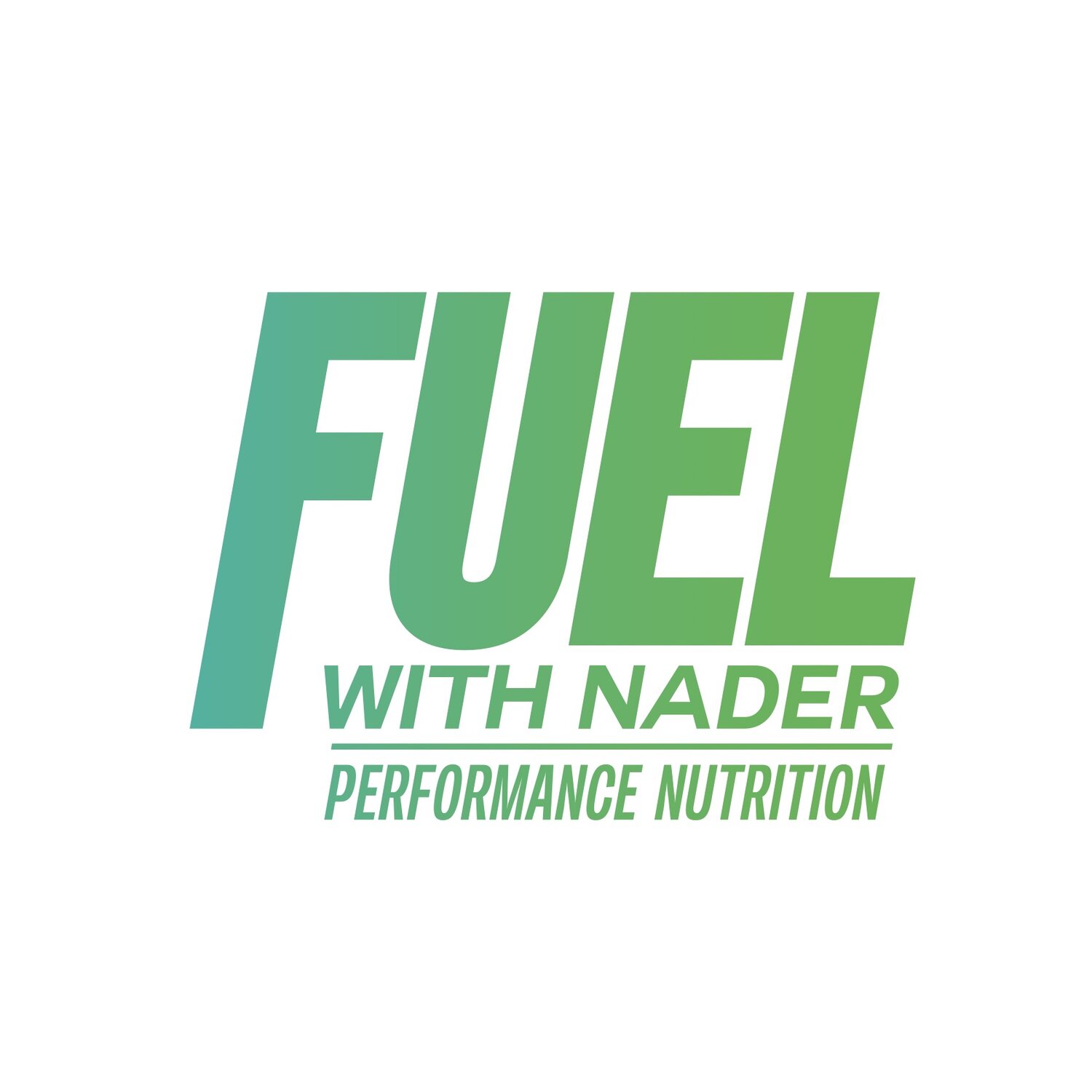As an athlete and female, fat is a macro nutrient that is always on my mind, and I believe it is a very under rated and under appreciated macro nutrient in the athletic community. We all grew up hearing that fat was bad for you. That you shouldn't eat fat, so our labs developed fat-free or non-fat food items to eliminate fat from the American diet. Granted at the time, research showed that eliminating fat from our diets would make us "healthier", but we know better now. It is not "all fat is bad" but certain types of fat are essential to you health. Research shows that are manufactured to be low-fat, that fat is replaced with carbohydrates and that sugar can increase your blood sugar levels which can cause weight gain and certain diseases.
The terms that are most commonly used these days are "Good" and "Bad" fat, but what does that mean? "Bad" fat is trans fat, which is found in processed food as it is created from partially hydrogenated oil. Also within that fat category is saturated fats, which are found in moderation foods such as red meats and processed meats, cheese, and coconut oil. "Good" fat is unsaturated fats which are nuts, seeds, avocados, flax seeds and olive, peanut, and canola oils. The benefits of consuming unsaturated fats are lower of blood cholesterol and assisting in decreasing inflammation. Personally, I hate calling the categories of fat "good"/"healthy" and "bad"/"unhealthy" as saturated fats can be beneficial in moderation, so they aren't really "bad". I prefer just talking about fatty foods and not putting them into a box. So let's talk about them!
Fatty foods to choose:
- Fatty fish such as salmon, sardines, and tuna
- Nuts and seeds such as pumpkin seeds, walnuts, cashews, almonds, and flax seeds
- Avocado
- Oils such as canola, olive, sunflower, and peanut oil
In order to get the recommended 25-35% (females are on the higher end of that range by the way) of your daily caloric intake from fat, adding fatty foods to snacks and changing up your cooking oils can help you achieve your goals. For snacks, add 1-2 handfuls, which is about 1./3 cup, of nuts and seeds to your afternoon snack to help it keep you full longer. Another snack idea is avocado toast, which is only 350 calories, so it could either be a hardy snack OR a great addition to a meal. If you cook at home, then making sure you use olive oil or canola oil in your cooking, you are getting about 22% of your daily fat calories from just 1 tbsp of olive oil. That's not hard to achieve in your day, as you can even just making your own salad dressing with olive oil and balsamic vinegar. You can even add extra things to it for some added flavor such as 1 teaspoon of chopped sweet onions or 1 teaspoon of Dijon mustard.
Getting your recommended daily fat will not only help you eat less due to longer satiety, but also decrease your risk of injury and decrease recovery time for the athlete. Start using your food as your fuel and uplift your training!
Resources:
“Types of Fat.” Harvard T.H. Chan School of Public Health, www.hsph.harvard.edu/nutritionsource/types-of-fat/.
"Making an Olive Oil Salad Dressing." UNL Food, https://food.unl.edu/fnh/olive-oil-dressing/ .


